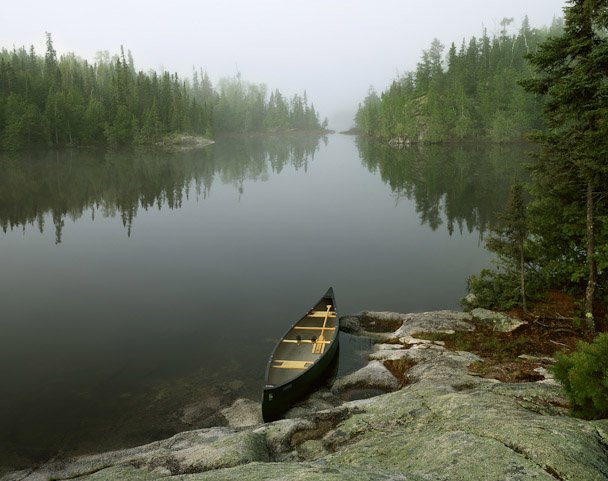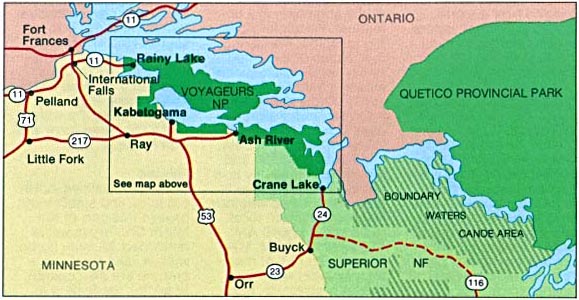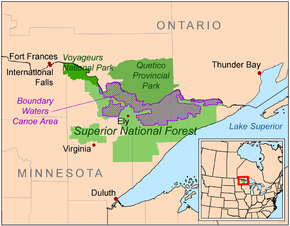Gilles
2 February 2017
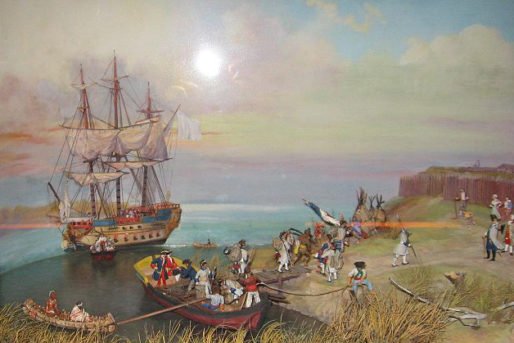
Eldest surviving son of Pierre and Anne , the surveyor and merchant Gilles Papin, is one of the best documented of the first generation of Papin descendants, and yet he is also a mystery. A second son—Pierre’s eldest was a soldier killed by the British in 1690 when he was 23 and not yet married—Gilles is the only one of our ancestors whose death and burial date, and site, we do not know;
the last mention of him in the official records is in 1740, when he was 71.
Instead of his father, Pierre, returning to France in 1696, it may be that Gilles did, perhaps leaving behind the 13 children he’d had with his first wife (who died at age 36), and the 11 children he’d had with a well-off second wife (who died at age 84 in 1774). There would have been plenty of children and grandchildren to care for his father Pierre. Or Gilles may have drowned on one of the many merchant ships that plied the St. Lawrence and the Atlantic. Vessels of the time traveled amazingly long distances for fishing and fur-trading. As early as 1682 Montréal merchants are recorded all the way down at the mouth of the Mississippi River. On the other hand, colonial records kept by the French are astoundingly detailed and complete; if he had not survived a passage it would seem that there would be some record of his perishing.
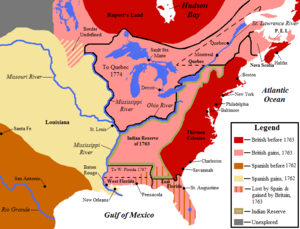
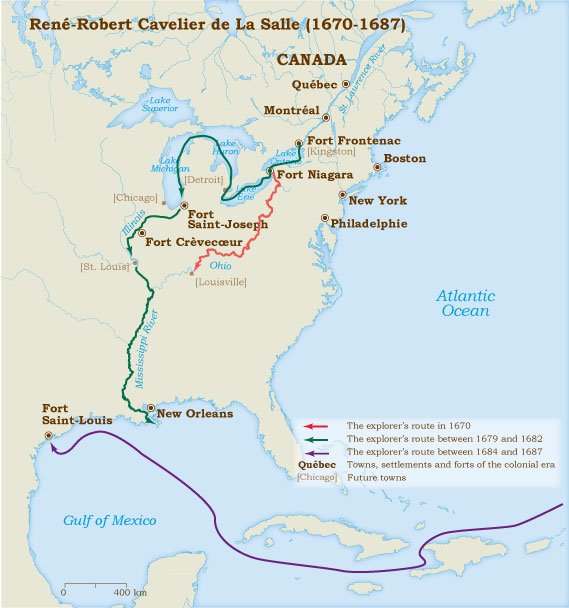 At least two of Gilles’s brothers were river merchants based originally in Boucherville. A part of what is sometimes called the first world war, the Seven Years’ French and Indian War (1763-1775) was essentially a fight for control of the Mississippi Valley. For people living in Montréal, it meant hard times of near starvation when the British successfully blockaded supplies from reaching the town from the north and east.
At least two of Gilles’s brothers were river merchants based originally in Boucherville. A part of what is sometimes called the first world war, the Seven Years’ French and Indian War (1763-1775) was essentially a fight for control of the Mississippi Valley. For people living in Montréal, it meant hard times of near starvation when the British successfully blockaded supplies from reaching the town from the north and east.
The Papin merchants must have been of considerable assistance in securing supplies for family members and Montréal inhabitants, and with recruiting Indian allies from the south and west. But after several years of military success, the French and Indian coalition was overwhelmed by a much larger incursion of troops from Prussia and England. When the British wrested control of Quebec from the French in 1760-1763, a number of Papin family members left what had been New France in and around Montréal and moved to more remote lands to the west of the American colonies along the Great Lakes and the Mississippi River—all the way to Louisiana and the Gulf of Mexico.
We have extended family members all along these waterways.
The territories they headed into would change hands several times—Indian, British, Spanish, French—until eventually becoming a part of the westward expansion of the United States.
Despite the passing of going on four centuries, it is still possible to experience something like the journeys our forbears made to and from Montréal and down through the Great Lakes and other boundary waters. Much of the area is still inexpressibly beautiful and isolated.
Today, you can take a slow boat from Montréal through some or all of the Great Lakes—yielding at the locks of the St. Lawrence Seaway to the commercial traffic that has priority.
Or you can canoe through the Boundary Waters Wilderness Area. Not for the faint of heart, though. Good sense and maps a must.
The next time you find yourself complaining about the inefficiency of a dead end in your work, cast your eyes on this view and wonder how early explorers and traders—minus the bird’s eye view—could make their way at all.
Our family are descended from Gilles’s oldest surviving son, Pierre Papin dit Baronet, who stays in Boucherville and Montréal. Usually the term Baronet indicates a hereditary knighthood but we don’t know why Pierre was called (“dit”) a Baronet. It may be nothing more than a moniker.
One of my all-time favorite American tunes is Shenandoah, and I have never had any idea why. Over the years I have learned dozens of arrangements of the melody. In our own time the title calls to mind the mountain valley but, instead, the original tune turns out to be based on river shanties that were sung by the French traders who made their way deep into the south and then back north again. Perhaps there is something in the mind’s ear that remembers such a sound from across the centuries.

